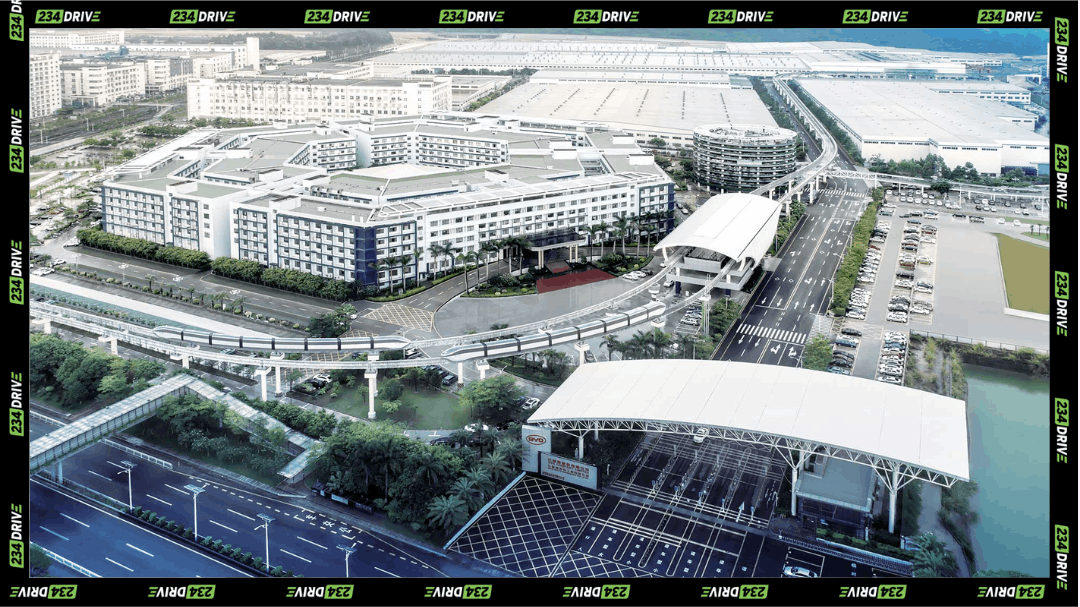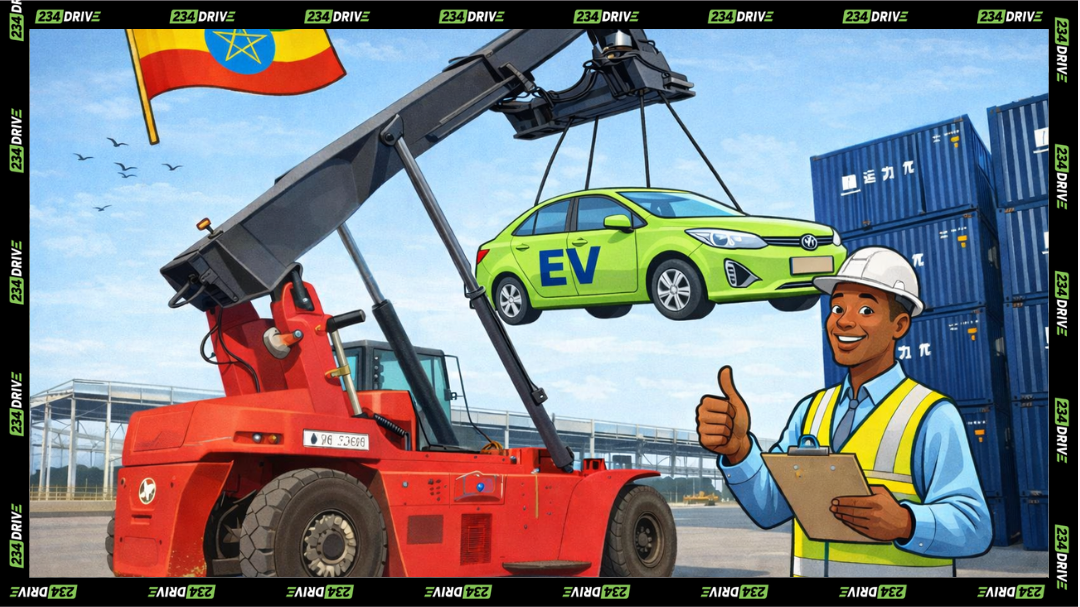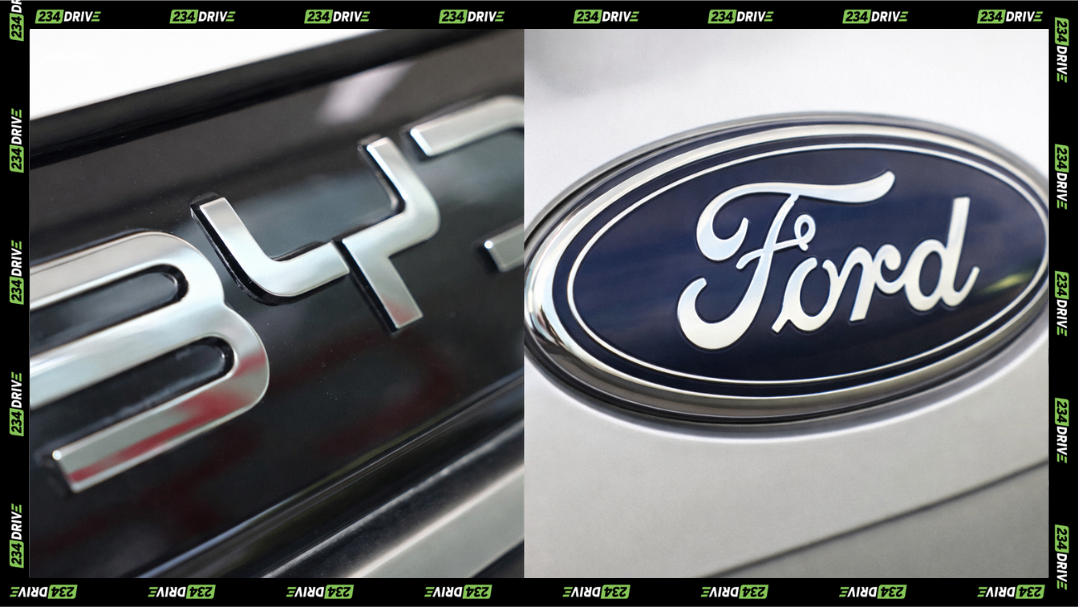Bringing a car into South Africa? Whether you’re a returning South African, a new immigrant, or an auto enthusiast hoping to import a classic ride, here’s what you need to know—because this process is no walk in the park.
Importing vehicles into South Africa is heavily regulated. The system is designed to protect the local automotive industry, and while it is possible to bring in your car, it takes planning, permits, and a fair amount of patience (and money). Let’s dive into the details.
Step 1: Know If You’re Eligible
Not everyone is allowed to import a car into South Africa. The government has laid down strict eligibility requirements to minimise abuse of the import system and protect local manufacturers. The following categories of individuals are typically permitted to bring in vehicles:
- Returning South African residents who’ve lived abroad and are relocating back to South Africa.
- Immigrants who have received permanent residence status.
- Special vehicle categories, such as:
- Racing vehicles
- Vintage or classic cars (usually over 20 years old)
- Vehicles specially designed for disabled persons
- Inherited vehicles from foreign estates
- Racing vehicles
A Note on Left-Hand Drive Vehicles
South Africa prohibits the import of left-hand drive vehicles unless they meet specific exceptions. These exceptions include vehicles that:
- Were registered in your name before January 1, 2000
- Have clear and verifiable ownership history
Without meeting these requirements, a Letter of Authority (LOA) will not be granted, and the import process cannot proceed. Always confirm your vehicle’s specifications and documentation before moving forward.
Step 2: Get the Right Permits
Once eligibility is confirmed, the next phase involves securing the required permits. Without these, your vehicle will not make it through customs.
1. Letter of Authority (LOA) – from NRCS
The LOA is issued by the National Regulator for Compulsory Specifications (NRCS). It ensures that the vehicle meets basic safety and environmental standards.
Steps to get the LOA:
- Complete Form LA01
- Pay a non-refundable application fee (ranges between ZAR300–ZAR1800 depending on vehicle type and age)
- Submit proof of ownership and identity
NRCS Contact Information:
- Sifiso Phakathi – phakatsz@nrcs.org.za | +27 (0)12 482 8865
- Charlotte Makou – makouck@nrcs.org.za | +27 (0)12 482 8785
- NRCS Call Centre – +27 (0)12 482 8700
2. Import Permit – from ITAC
The second document is the Import Permit from the International Trade Administration Commission (ITAC). It confirms that the import has been approved under South Africa’s import control regulations.
You’ll need to submit:
- Form IE462
- For South African citizens:
- South African ID or passport
- Employer letter confirming overseas permanent employment
- Certified copy of the foreign vehicle registration certificate
- South African ID or passport
- For bona fide immigrants:
- Permanent residence certificate
- Foreign passport (photo and details page)
- Foreign vehicle registration certificate
- Supporting proof of study, research, or employment
- Permanent residence certificate
Processing Time:
Once all documents are received, processing can take up to 5 working days. While ITAC does not charge a fee, your vehicle will still be subject to substantial duties and taxes.
Step 3: Arrange Shipping and Prepare for Customs Clearance
Once you secure both permits, you can ship your vehicle to South Africa. It’s essential to work with a shipping company that understands South African import laws.
On arrival, your car won’t just roll off the ship and onto the road. Customs clearance is a major step and includes several financial obligations.
Customs Duties and VAT Explained
South African import taxes are high and include customs duty, ad valorem duty, and Value Added Tax (VAT).
| Vehicle Age | Customs Duty | Ad Valorem Duty Range | VAT Rate |
| Up to 20 years old | 36% | 0.75%–20% | 15% (on adjusted value) |
| Over 20 years old | 20% | 0.75%–20% | 15% (on adjusted value) |
VAT Calculation Note:
VAT is applied on the sum of the customs value, customs duty, ad valorem duty, and 10% uplift. This compounding effect significantly increases your total cost.
Sample Cost Breakdown
Say you’re importing a vehicle worth R300,000:
- Customs Duty (36%) = R108,000
- Ad Valorem Duty (~10%) = R30,000
- Subtotal = R438,000
- VAT (15%) = ~R65,700
- Total Import Cost = ~R503,700
That’s over R200,000 in additional fees—more than 65% above the car’s value.
Step 4: Apply for Duty Exemption (If Eligible)
Some individuals may qualify for a duty exemption under strict guidelines. This typically applies to:
- Returning residents who’ve owned and used the car for at least 12 months prior to shipping
- Immigrants changing their residency to South Africa
To qualify, you must:
- Provide documentary proof of ownership and usage
- Commit not to sell, hire, or otherwise dispose of the vehicle for 2 years
- Submit Form DA304A to SARS (South African Revenue Service)
Failure to meet these conditions can result in backdated taxes and penalties.
Step 5: Register the Vehicle in South Africa
Register a vehicle Source: Linkedin
Customs clearance isn’t the final step. You’ll still need to legally register your car in South Africa and make sure it’s roadworthy.
Registration Process
- Book and pass a Roadworthiness Test at an approved testing station
- Visit a local vehicle licensing office
- Complete the Application for Motor Vehicle License (Form ALV)
- Submit the Customs Release Notification Form and supporting documentation
Once approved, your car will receive South African registration plates and license disc, allowing you to drive legally.
Common Challenges and Mistakes
Here’s where many first-time importers go wrong:
- Incorrect documentation – even small errors can delay your permit
- Misclassified tariff codes – may lead to higher duties or delays
- Failure to check LOA eligibility – especially for left-hand drive vehicles
- Overlooking total import costs – especially VAT and ad valorem
For this reason, you should work with a vehicle import consultant or customs clearance agent.
Required Documents at a Glance
An Import vehicle to South Africa Source: Imotonews
| Importer Type | Required Documents |
| South African Citizen | ID/passport, employer letter, foreign vehicle registration certificate |
| Bona Fide Immigrant | Permanent residence certificate, foreign passport, vehicle registration, proof of study/work |
| Everyone | LOA (NRCS), Import Permit (ITAC), Customs Declaration, Roadworthiness Certificate |
Final Thoughts: Should You Go Ahead?
Importing a car into South Africa can be a smart move—but only if the numbers make sense and you’ve followed every legal requirement.
You’re not just dealing with shipping logistics. You’re navigating:
- Regulatory compliance
- High financial burdens
- Risk of denied entry or penalties
Still, for those importing valuable or sentimental vehicles—or immigrants looking to keep their property—this process is worthwhile, provided you plan ahead.










